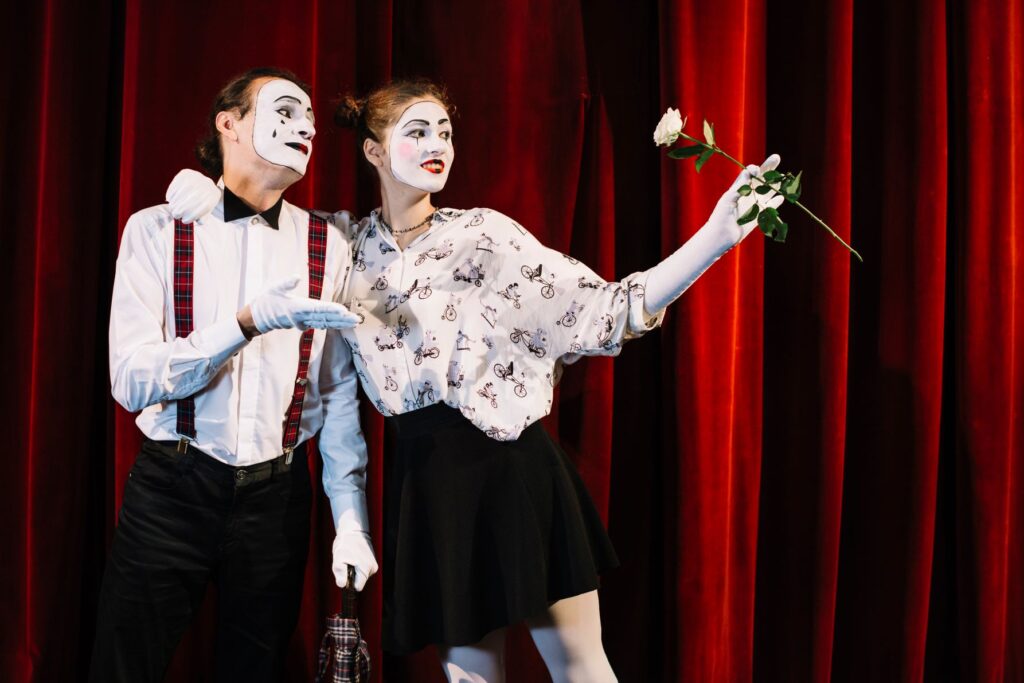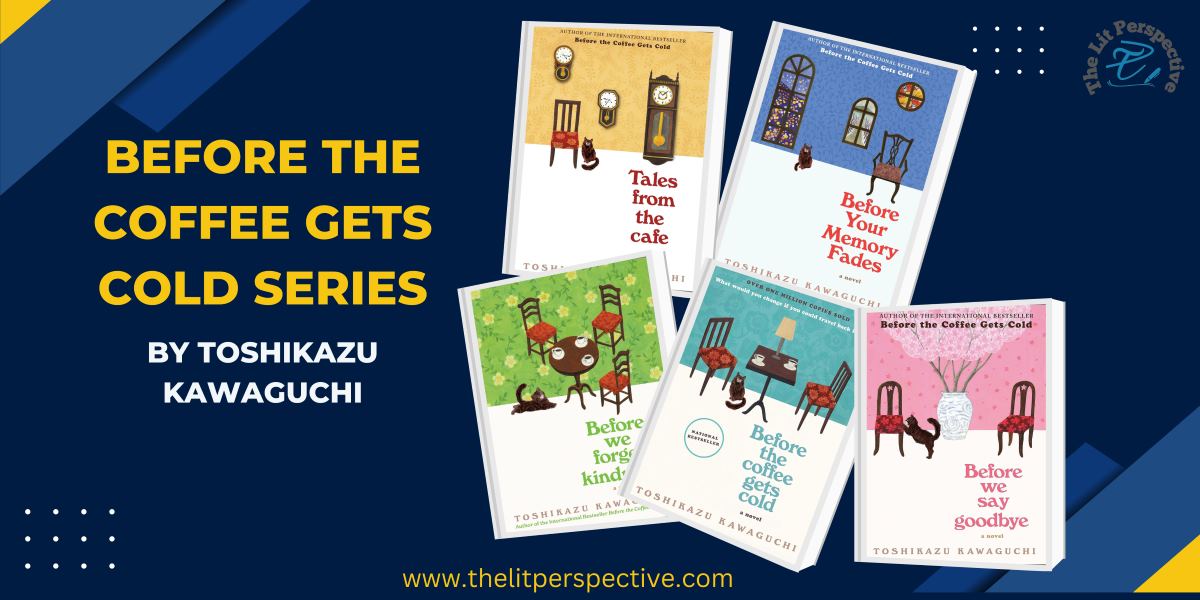TheLitPerspective is your one-stop shop for everything that ignites the spark of curiosity within you.
Humor in Poetry: The Beauty and Form of Limericks

Limericks are gradually catching people’s attention due to their fun nature. It first got its name when the 18th-century song “Will You Come Up to Limerick” came to be. Sung with increasingly nonsensical lyrics, it perfectly reflects the poetry’s comical form. Although poetry is known to be a primary channel of romance, a reception of unrequited love, humor in poetry is gaining esteem for apparent reasons.
Where to Find Humor in Poetry
A common perception of poetry revolves around its depth. Poetry has always been seen as a complicated material, a puzzle-like interplay of metaphors and rhymes. It’s comparing people to summer, breaking down every crevice of their identity to match nature’s beauty. It utilizes adjectives and flowery words to be descriptive of emotions and situations.
It utilizes adjectives and flowery words to be awfully descriptive of emotions and situations. It’s comparing people to summer, breaking down every crevice of their identity to match nature’s beauty.
Poetry is considered to be the oldest form of literature. It’s people’s outlet of any emotion heavy enough they lose grasp of words to define and explain their feelings.
Of course, poetry is serious, dead serious—or it had been.
Nowadays, poetry can be anything. It has expanded to encompass any form with little to no restriction. Poetry has embraced its very essence, a channel of expression. Hence, there’s no surprise why humor in poetry has become a thing. When some naturally possess funny bones and use humor to articulate themselves, of course, it would be incorporated into one of the most beautiful forms of expression.
What Is a Humorous Poem?
Humor in poetry can be called numerous names, one of which is limericks. This form of poetry comprises five lines, rhyming found in the first, second, and fifth lines, as well as the third and fourth lines.
The silliness in its verses depends heavily on the poet, the message they wish to convey, and the central thought the poem is built upon.

Some outstanding examples of limericks are found in Marshall Flam’s Wordle Limericks. From the title, the book is a compilation of short poetry with a touch of humor based on the international game Wordle. Every poem is formed around the word, incorporating the author’s wit into every verse.
It’s the perfect book to take people’s edge off their daily stressful routines, a quick pick-me-up when days are long and rigorous. His short yet humorous poems are an excellent mind and mood refresher for every reader. One quick read of his verses would be the ultimate tonic for a weary day. Marshall Flam is among the authors who have mastered incorporating humor in poetry. He has shown that quips can not only be fun and rhymed but can also be used for learning.
How Does the Poet Create Humor in the Poem?
How does Marshal Flam do it?
Marshall Flam has shared numerous poems on his website that showcase his talent for creating enjoyable limericks. To quote one of his works:
“Just like in act 5 scene 8 of Macbeth
I was at the brink of death
For I could not flee
When you drew close to me
I almost died from the smell of your breath.”
– Marshall Flam (Brink, 2023)
From this piece alone, one can already imagine how fun limericks are. But how do poets, who are thought of as romantic writers, incorporate humor in poetry?
Before starting, remember that not everyone can be an effective limericks writer. After all, one can’t simply pretend to be funny. However, there’s no harm in trying.
Who knows, your funny bone is just waiting to be engaged?
Begin With An Image
Every poem starts somewhere. Limericks are best crafted if the poet begins with an image to describe. This becomes their anchor, the core of their verses. This image should evoke laughter and absurdity. Like what Marshall Flam did in his poem, where he painted a picture of someone talking close to him and that person reeking of bad breath. This image can be anything, from the universal source of comedy to slapstick ones.

Use Playful Language
Poets use puns and irony to write humor in poetry. This is what increases the impact and delivery of the verses, making the jokes more potent. Marshall Flam also applied this in his poem by comparing the situation to Macbeth’s death. It gives off a seemingly unexpected turn of events, surprising readers about where it leads them.
Who would’ve thought the brink of death the author is referring to is because of one’s breath? Now, that is humor.
Incorporate Different Forms of Comedy
People laugh at different things. Some enjoy a good ‘ol physical comedy, while others have a knack for “dad jokes.” For limericks writers, they can’t limit their audience to either of these. To resolve the possible restriction before it exists, they incorporate these forms of comedy in their material. Humor in poetry comes in many forms. Writers have to balance these out to arrive at an excellent in-between where everyone (or most) will find the verses funny.
Don’t be Afraid of the Dark
best thing about Limericks is that readers don’t favor cutesy language or comfort. Hence, poets can tap into any side of humor, even the darker ones. They must ensure they aren’t writing their verses at someone else’s expense. Dark humor makes light of what others may deem uncomfortable. This may not be for everybody. However, this can still be an effective way to incorporate humor in poetry. Marshall Flam writes a few of these in his book.
If you’re interested in reading what else Marshall Flam has written, you can visit his website or grab a copy of his book Wordle Limericks. Immerse yourself in humor and learn a thing or two about Wordle.

Witty and whimsy. As a writer, Mia finds a pleasant balance between clever and creative. With years of experience under her name, she aims to add meaning to your life through the articles she writes.







